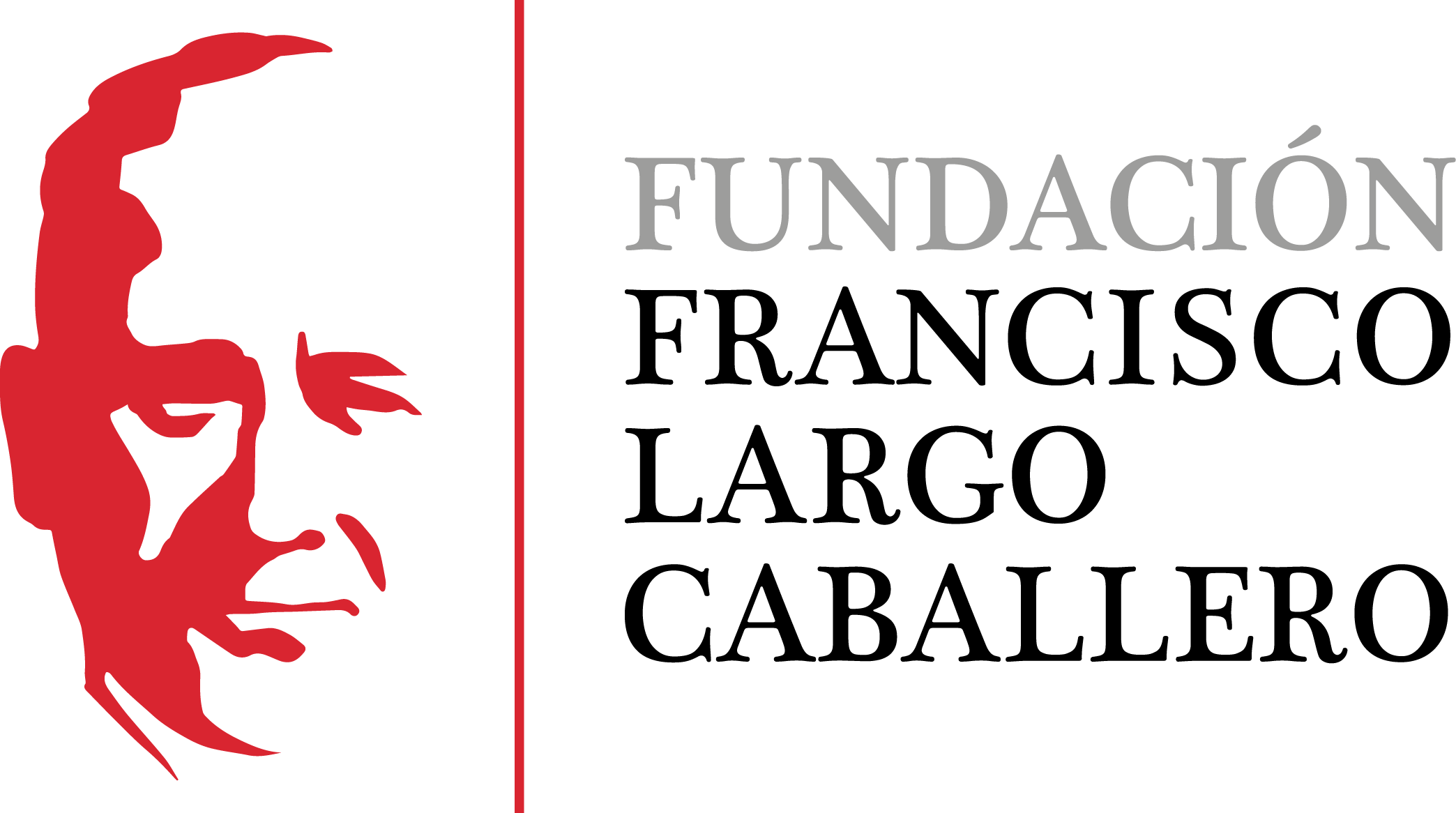Changing the subject. Western knowledge and the question of difference
DOI:
https://doi.org/10.69791/rahc.181Keywords:
Postcolonialism, India, Western discourse, modern education, knowledge, subjectivity, differenceAbstract
By analyzing critiques of the mechanistic use of memory by Indian students and their instrumentalist view of education since the mid-nineteenth century, this article reflects on the link between modern knowledge and the production of knowing subjects. It shows how, influenced by traditional educative practices, these students rearticulated both the way of acquiring academic knowledge (through memory) and the social function of British education (a way of getting a Government employment). Purposely avoiding usual misapprehensions of indigenous practices and knowledge, the author explains this process by the survival of subjectivities other than Western modern ones. At the same time as he reflects on the contradiction implied in the use of the notion of subject when studying societies with different ways of being and knowing, as such a notion is a specifically modern one».
Downloads
Global Statistics ℹ️
|
89
Views
|
18
Downloads
|
|
107
Total
|
|
Downloads
Published
How to Cite
Issue
Section
License
Copyright (c) 2011 Sanjay Seth

This work is licensed under a Creative Commons Attribution 4.0 International License.
Alcores is an open-access journal. It provides unrestricted access to its content from the moment of publication. We respect intellectual property rights, and for this reason, the author retains the copyright. All content is distributed under a Creative Commons Attribution 4.0 International (CC BY 4.0) license. The terms of the license can be consulted at: https://creativecommons.org/licenses/by/4.0/
This license allows sharing (copying and redistributing the material in any medium or format) and adapting (remixing, transforming, and building upon the material for any purpose), provided that authorship and first publication in this journal are properly credited, a link to the license is included, and any changes made are indicated.
This type of license facilitates the freedom of reuse and ensures that the content of this journal can be used to meet research needs.









